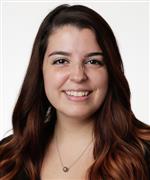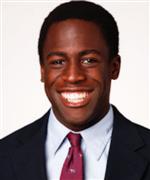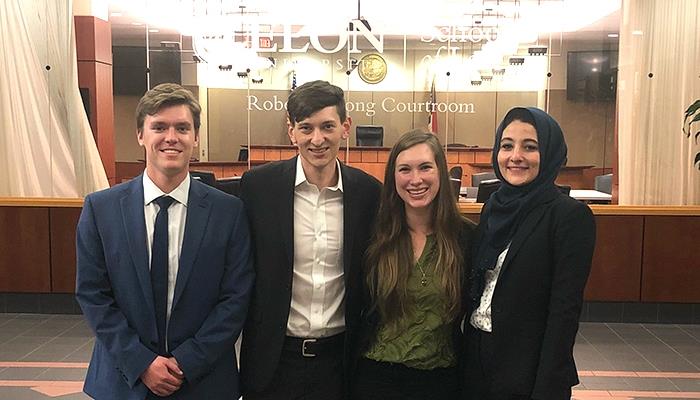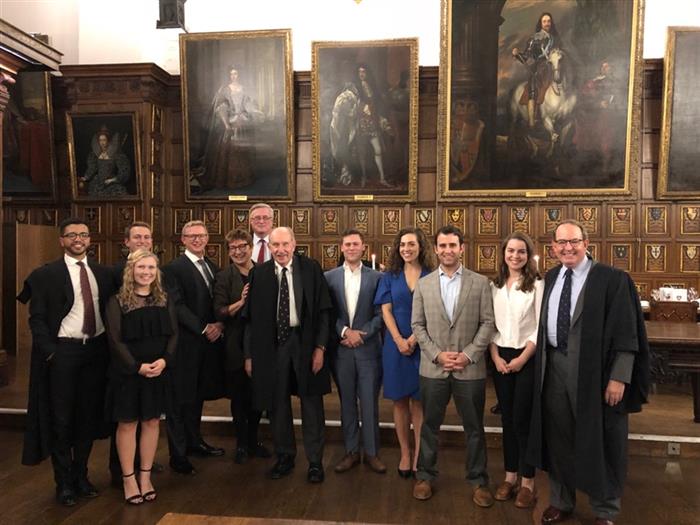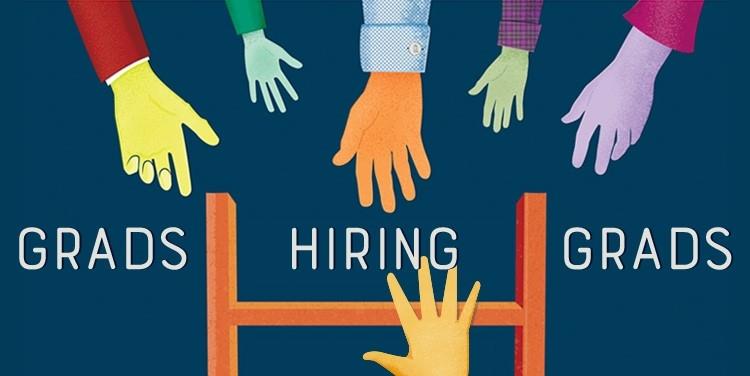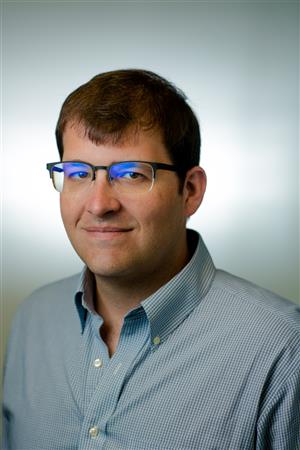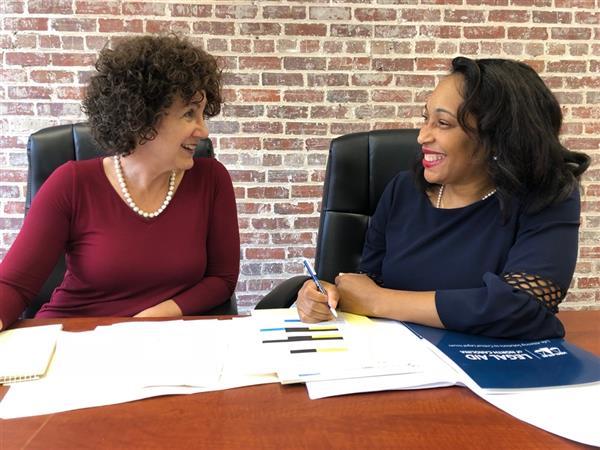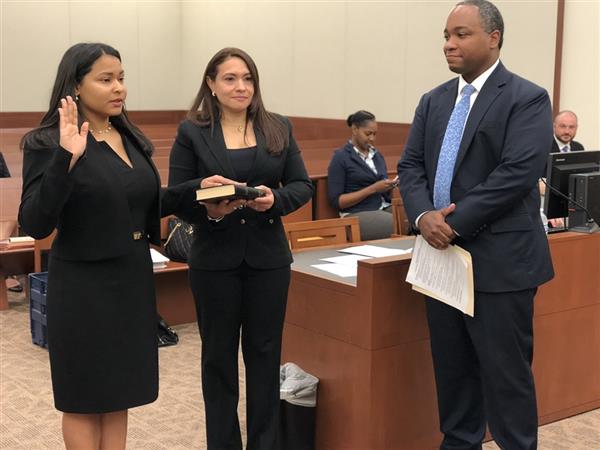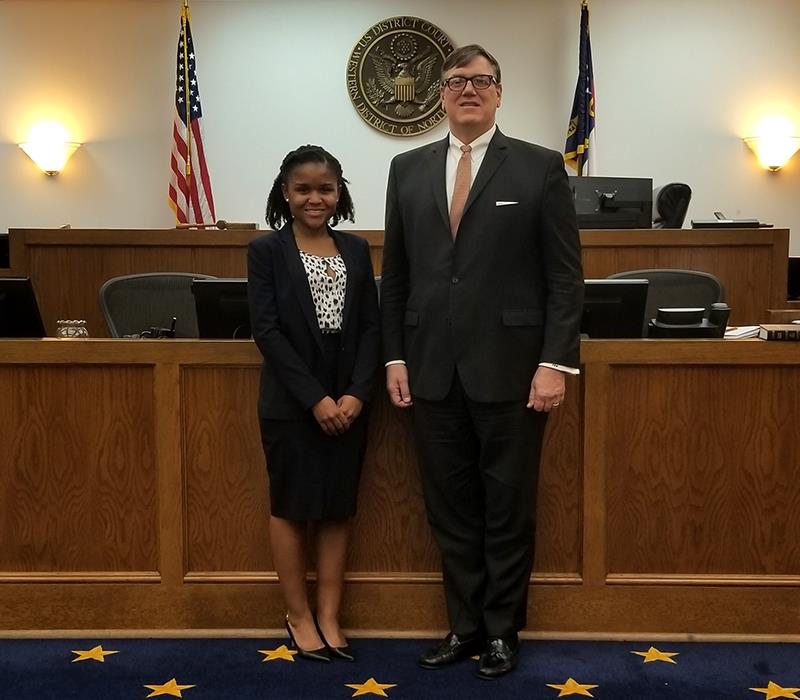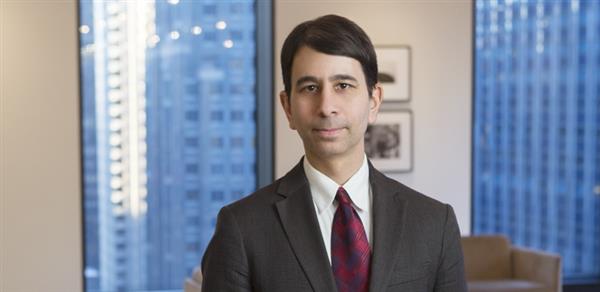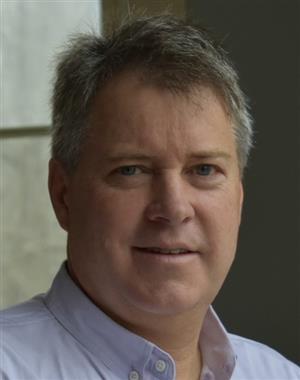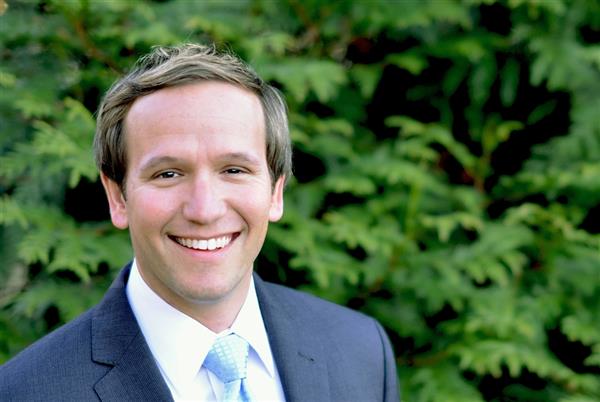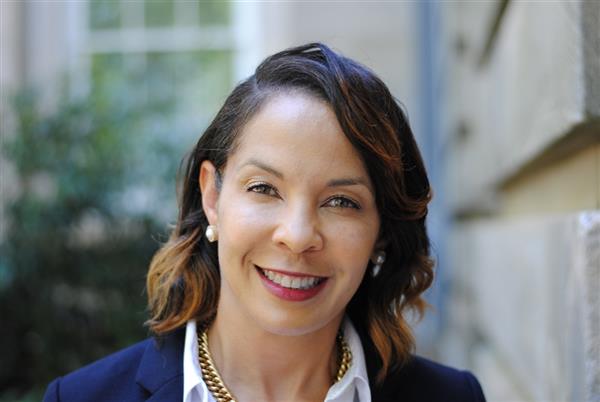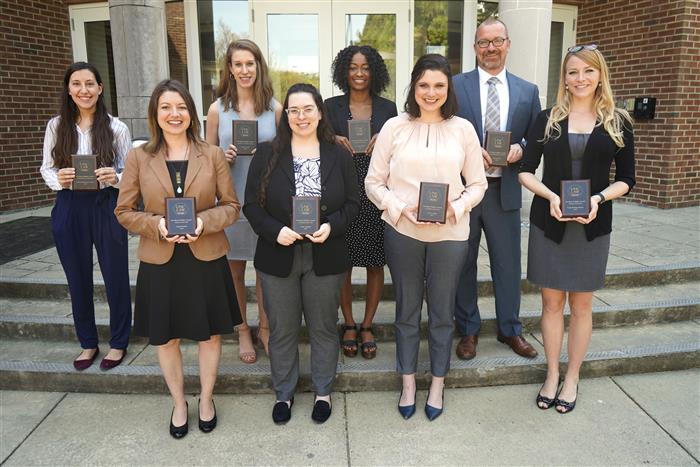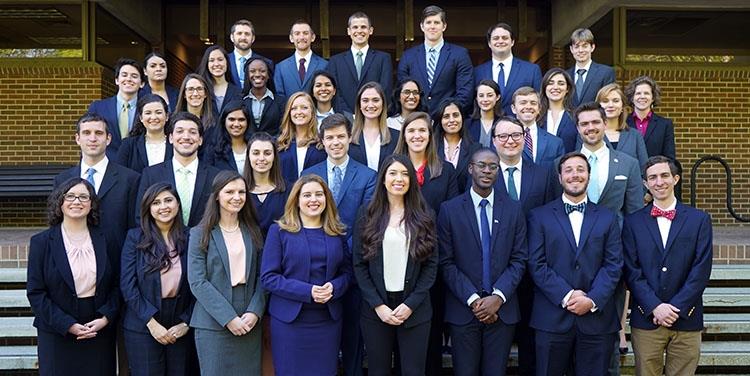This article originally appeared in the Fall-Winter 2018 issue of Carolina Law.
They call it “Commencement” for a reason: Graduating law school is
only the first step toward becoming a lawyer. Next comes passing the bar exam.
And after that, securing work that taps into your talents and passions.
Helping students gain employment is a critical mission of Carolina
Law. U.S. News & World Report also recognizes the importance of
employment. When the national magazine compiles its annual ranking of law
schools, it considers the percentage of law students who have been hired into
full-time jobs in their field at graduation and within 10 months of graduation.
Carolina Law has a number of programs, faculty and staff committed to laying a
path that leads from law school to a satisfying career. But oftentimes relationships
with alumni can be the key to their success.
Many alumni already serve as conduits for Carolina Law students to
connect to the first rung on their career ladder. Lawyers who graduated decades
ago or only months ago participate in Career Nights, on-campus recruitment
events, employer receptions, mock interviews, ranking analytics or panel
discussions about practice areas. They share insights, offer encouragement,
mentor students and, most important, they hire from among their own. They raise
the profile of Carolina within their firms and organizations and look for
opportunities to hire Carolina Law graduates.
![Noel Barnard]()
Noel Barnard '13
Noel Barnard ’13 took advantage of the law school’s externship program as a student, working at a small pharmaceutical company a couple of
days a week during a semester in exchange for course credit instead of pay. The
company hired him full time when he graduated. A couple years later, he
accepted an offer from another company and had to hire his own replacement,
which he did by reaching out to a former extern. And when he needed to add
staff at his new company, he tapped yet another former extern.
“When you’re a Carolina Law grad and you’re hiring another
Carolina Law grad, you know what you’re getting,” Barnard said. “You know it’s
a great school; you know the professors; you know the curriculum. You’re
getting great people who are going to work hard and contribute to the
community.”
As an alumnus he speaks as a panelist to share his experience with
the externship program, and he represents his company at the law school’s
Career Night.
Barnard considers the externship program a win-win. Students get
practical experience, and employers get fresh minds to take on some of the
legal tasks that a junior lawyer might do. Externs can sample from a variety of
professional settings by working for a corporation, a judge, a law firm or a
nonprofit.
The company he externed for was a strong proponent of the extern
program, and now that Barnard is in a position to hire, he can see why.
“Carolina Law grads who externed can walk through the door and
handle what I think it would take two or three years for someone to know how to
do well on their own,” he said. “They can take it and run with it and do a
fantastic job.”
![Suzanne Chester]()
Suzanne Chester '95, left, recruits for Legal Aid of North Carolina during on-campus interviews.
Similarly, interns, whether paid or unpaid, also gain valuable
experience but no course credit. A few years ago, Suzanne Chester ’95 became
co-chair of Legal Aid of North Carolina’s law school recruitment committee, and
she assigned herself to recruiting at UNC. She does on-campus interviews and,
with a co-worker, has continued to develop Legal Aid’s internship program. She
also conducts mock interviews, speaks as a panelist on UNC employer panels and
attends employer receptions.
“When I graduated from law school, you found what you found by
yourself,” she said. “Now, UNC does a lot of advising and one-on-one work,
especially with students interested in public interest.”
Internships give students the inside story of what Legal Aid work
is like and sometimes leads to securing one of four fellowships or a permanent
hire. Clients are poor and often in crisis. Interns go out into the field and
see firsthand the impact of poverty on people’s lives and how conditions in
society can throw them into crisis. This can fuel a passion in some law
students, one shared by longtime Legal Aid lawyers. The senior lawyers enjoy the
energy interns bring.
“If you love your job, it’s great to be able to share that with
students,” Chester said.
![Gomez Diaz and Merriweather]()
Assistant District Attorney Nicole Gomez Diaz ’18, left, is sworn in as a prosecutor for the Mecklenburg County District Attorney's Office alongside her
mother and District Attorney Spencer B. Merriweather III ’05. She joins the Misdemeanor Team.
Early on in his career with the Mecklenburg County District
Attorney’s office, Spencer Merriweather ’05 was the intern coordinator. Now as
the district attorney, he makes all the hires for his office. He relies on
Carolina Law continuing to prioritize diversity in its student body.
“I want to be able to count on Carolina Law as a resource to
create a prosecutor’s office that looks like the state of North Carolina,” he
said.
This year, he’ll be part of Career Night at the law school to
communicate to students that dedicated, hard-working students from Carolina Law
have a place in his office. He participates in the Practicing Law Webinar that
gives a vivid picture of the range of opportunities for law students. Because
in Charlotte his office competes with the likes of Duke Energy, Wells Fargo and
Bank of America for top-quality law grads, he has to make the closing argument
that convinces them that the district attorney’s office is a worthwhile place
to make a career.
“A prosecutor never has to go to bed at night wondering whether
they had an impact on someone’s life or in the community,” Merriweather said.
He tends to give Carolina Law graduates a higher level of scrutiny
to make sure that the institution that granted him a law degree still has the
same quality.
“From the students I’ve seen over time,” he said, “there is no
question that Carolina Law is getting better. I see a deeper pool of talented
students.” Their grasp of social justice issues, their willingness to challenge
convention and ask questions improve any institution. “I’m finding brave kids
applying to this office. That gives me a great sense of pride as a UNC
graduate.”
![Rebecca Mitchell]()
Rebecca Mitchell '18 and Frank Whitney '87
Rebecca Mitchell ’18 wasn’t sure when she entered law school
whether to follow the public interest or private practice route. But she was
drawn to Carolina Law because of its solid pro bono culture. Tar Heel born and
bred, “it was very important to me to go to a law school that gives back to
North Carolina,” she said. She lives that value by recommending classes to
current students and giving them interviewing tips.
In high school, she had shadowed Frank Whitney ’87, chief judge of
the U.S. District Court, Western District of North Carolina. She interned for
him the summer after her 1L year. Now that she has her law degree, he hired her
as one of his term law clerks.
She knew about the Carolina Law family and its strong alumni
network. “It speaks for itself,” she said. “I had no concerns about finding
employment once I graduated.”
Mitchell, who will head to Boston to practice in the labor and
employment section of a private law firm once she completes her yearlong
clerkship, said: “I don’t want to minimize the importance of financial
contributions, but grads hiring grads is the biggest thing alumni can do for
their law school.”
![Kathawala]()
René Kathawala ’96
René Kathawala ’96 runs the pro bono program at Orrick Herrington
& Sutcliffe in New York. He has been with the firm since he got his law
degree, except for a yearlong federal clerkship. At the time he graduated, only
two New York law firms came to Carolina to recruit. For the past 22 years, he
has advocated for Orrick to recruit at UNC, and he has prevailed. For several
years, he represented the firm during recruitment visits to campus; he also conducted
phone screens. When Orrick pared its number of schools to 20, he made sure
Carolina stayed on the list.
This year Carolina Law alumnus David Ruff ’09 is up for partner at
Orrick, in line to become the first Tar Heel to make partner there.
“That’s critical to longevity in recruiting people from UNC,”
Kathawala said.
He continues to share his insights and guidance with Carolina Law
grads, even when Orrick doesn’t make them an offer. Associates have to take on
the challenge of being business developers, winning assignments from partners
who dole out the work. A good lawyer identifies problems for clients before
they become crises. Even those with the most gifted analytical minds won’t be
successful lawyers if they aren’t good at interacting with human beings. Not
only must your clients find you likable, but so must the lawyers on the other
side.
Kathawala recognizes that he received a world-class education at
Carolina Law with tuition substantially subsidized by taxpayers, which
motivates him to make current students’ lives and careers richer. His continued
involvement with new waves of alumni is a tangible way to show his gratitude
beyond writing a check.
“Every Carolina Law grad has the opportunity to give back,” he
said.
All of these experiences provide a blueprint for helping even more
Carolina Law grads secure employment. “Students come out of Carolina Law
prepared and eager to do top quality legal work,” said Andy Hessick, professor
and associate dean for strategy. “Carolina Law’s alumni network provides an
amazing potential resource for helping students land jobs.”
In addition to being part of Carolina Law’s core mission to its
students, increasing employment has the advantage of substantially improving
Carolina Law’s place in law school rankings.
![Charles Plambeck]()
Charles Plambeck ’86
When Charles Plambeck ’86 who runs a global structured finance
team at Citigroup learned that Carolina Law’s ranking in U.S. News & World Report had dipped, it didn’t square with what
he knew of the quality of the school, its faculty, and its graduates. Applying
tools similar to the ones he uses in his day-to-day work, he parsed the formula
and data driving the USNWR rankings
to find ways to lift the rankings to better reflect the quality of a Carolina
Law legal education.
The data show an astonishing reality that hiring Carolina graduates
has a disproportionate effect in moving the ranking upward. While financial
gifts will always be needed to support the school, engaging with students and
hiring grads can be just as important.
“Alumni can materially help the law school by hiring a new
graduate before next March,” said Plambeck.
Climbing in the rankings through increased employment can be a
self-fulling prophecy. Employers are more likely to hire from a higher-ranked
school. Increasing the ranking can have other benefits, too. It can help
attract top students and faculty, and it can create new opportunities for the
law school’s growth, because funding sources are more likely to invest in a
school on the rise.
More generally, the quality of the law school matters to the
residents of our state, whether they realize it or not.
“Law and legal education are central to the prosperity and welfare
of the people of the state,” Plambeck said. “If you don’t have a
well-functioning legal system, people’s economic prospects are harmed, and their
social rights and liberties are limited.”
To consider next steps, Plambeck now works, still as an alumnus
giving back, as part of a team with Jeff Hirsch, professor and former associate
dean for strategy, and Hessick, his successor; Nick Goettsch, associate dean
for administration; Kelly Podger Smith ’02, associate dean for student affairs;
and Deirdre Gordon, associate dean for advancement. Dean Martin Brinkley ’92 is
also closely involved.
Beyond the rankings, all of this comes back to ensuring that
Carolina Law grads thrive professionally and personally. Plambeck noted that
law is an apprentice profession.
“How you deal with the people side of law, the practice and
traditions, you only learn as an apprentice,” he said. “Everyone in law
remembers the people they trained under. Finding a good mentor to teach
you—that shapes people’s lives.”
All 11,000 Carolina Law alumni are an integral part of the team.
While the career development office welcomes leads to well-paying full-time
jobs, they also want to hear about those two-day research projects. Not
everyone is in a position to hire a law grad, but most alumni can find a
half-hour to talk with a student.
Carolina Law’s goal is to hit as close to 100% employment as
possible by March for the previous year’s graduates. Carolina Law’s career
development office gives students a head start by prepping first-year law
students with resume reviews before fall break. From there, students
participate in a career development curriculum that covers subjects such as
drafting effective cover letters, conducting a successful job search and an interviewing
skills workshop. Each student is given a career development handbook that guides
them them through their legal job search as students and as grads. But the
career development office can’t do it all. There are many ways alumni can get
involved to help launch students’ careers. Alumni have the opportunity to serve
as mentors, share their experiences in their practice areas at Career Night,
participate in the mock interview programs and in CareerCasts webinars, or
recruit students through on or off-campus interviews.
A Carolina Law grad knows the quality of a Carolina Law legal
education. When grads hire grads, they have the opportunity to impact the life
of a fellow alum, contribute to the quality of the school and invest in the
legal education of future colleagues.
-December 26, 2018


